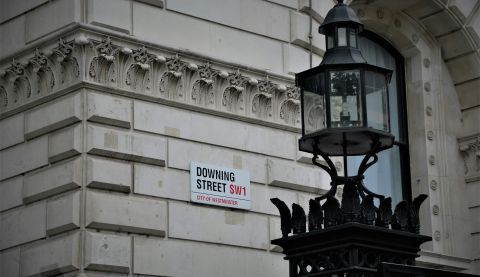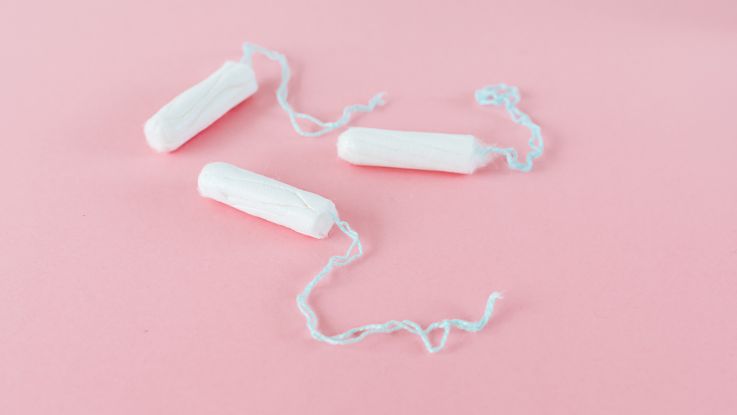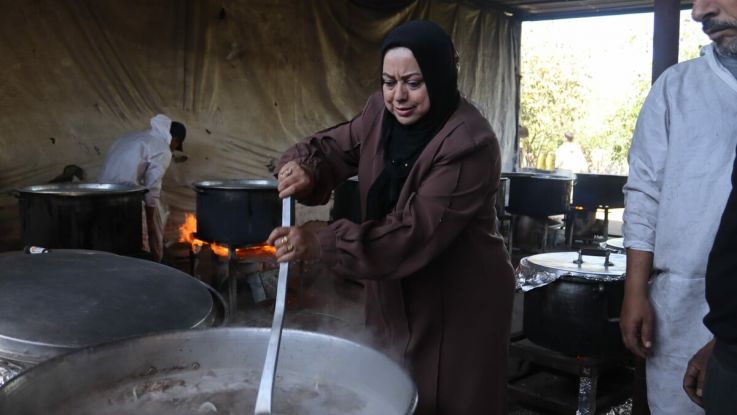Women's and girls’ rights and the UK 2024 election
5 July 2024
What will the Labour party's success mean for women's and girls' rights around the world? The new Government must commit to doing much more.

Kier Starmer and his new Government must put women's and girls' rights at the top of their agenda. Photo: Jordhan Madec/Unsplash
From today’s election results, it’s clear that the UK public voted overwhelmingly for change. And for women and girls around the world, change cannot come a minute too soon.
Keir Starmer and the Labour Party come to power at a time of unprecedented global turbulence – whether that’s the devastating conflicts in Gaza or Ukraine, the spiraling climate emergency or the worst cost-of-living crisis in recent memory.
In all of these crises, women and girls are uniquely impacted, at a time when our progress towards gender equality has already reversed sharply.
So, while the Prime Minister and his government will have multiple challenges to address. But addressing the rollback on women and girls’ rights must be at the top of their agenda – and pushing back on the systems that undermine our rights.
What does the election result mean for women's and girls’ rights?
Before the election, all political parties published a ‘manifesto’ – a document that sets out their plans for Government. The Labour Party’s manifesto gave us some clues as to what we can expect from them.
We were pleased to see ‘empowering women and girls’ as a priority for the party, and a commitment to address key challenges like debt and climate change. A pledge to working in partnership with ‘global south’ partners is also positive.
Importantly, there was a strong commitment to tackling gender-based violence – one of the most widespread and persistent human rights abuses all around the world.
These commitments must be implemented – and quickly.
What do we want?
As you can see from our own manifesto Building a Just World, there is still much to do. And much more that the Government must commit to doing, soon!
At the top of our agenda for change is more and better support for the critical work of women’s rights organisations.
We know from our work that, despite facing multiple threats, women’s rights organisations are supporting other women and campaigning against the discrimination that women and girls face.
This is particularly true in conflicts and crises – including in Gaza – where women and girls are being uniquely impacted.
Using their unique understanding of their communities, women’s rights organisations can provide long-term solutions without leaving anyone behind.
Yet, all over the globe, women’s rights organisations are under-valued, under-represented in decision-making spaces, and chronically underfunded.
Shifting resources and power to women’s rights organisations must be a priority for the new Government. This includes increasing the amount of the UK’s official development assistance (ODA) budget that goes to women’s rights organisations, to better support their life-saving work.
A fair and feminist economy
It's clear that our economy is not working, and a shift towards feminist economic alternatives is another vital action for the incoming Government.
For women, the current economic approach is particularly damaging, because it significantly undervalues the paid and unpaid care of women and girls and the vital role this work plays in our society and economy.
At the same time, when public services are privatised or cut because of economic policies like austerity, women are triply impacted: as workers in the public sector, as the primary users of public services and when our unpaid care is used to plug the gap left by unavailable or unaffordable services.
The new Government must recognise the value of women’s paid and unpaid care and ensure that economic policies put people and planet above profit.
This means supporting quality public services and ensuring that corporations are held to account for any human rights abuses or environmental damage as a result of their activities.
A just feminist climate transition
Through our work, we've seen how the climate emergency is spiraling, and while this emergency affects all of us, it is having the biggest impact on those who have done least to cause the crisis.
We know that climate change makes gender inequality worse. In extreme weather events, for instance, it is girls who are most likely to drop out of school and it is women who are most affected by undernutrition following droughts.
But we also know that women’s expertise is vital for climate action and that women’s involvement in decision-making results in more effective solutions.
To address the climate crisis, the Government must build strong partnerships with the women’s rights organisations that are leading initiatives on resilience to climate change.
Since the UK is at the heart of the global financial sector, the Government must also ensure that international banks are held accountable for – and stop – the human rights and environmental harms caused by their supply chains.
Read more about our demands for the next UK Government in our manifesto, Building a Just World.



